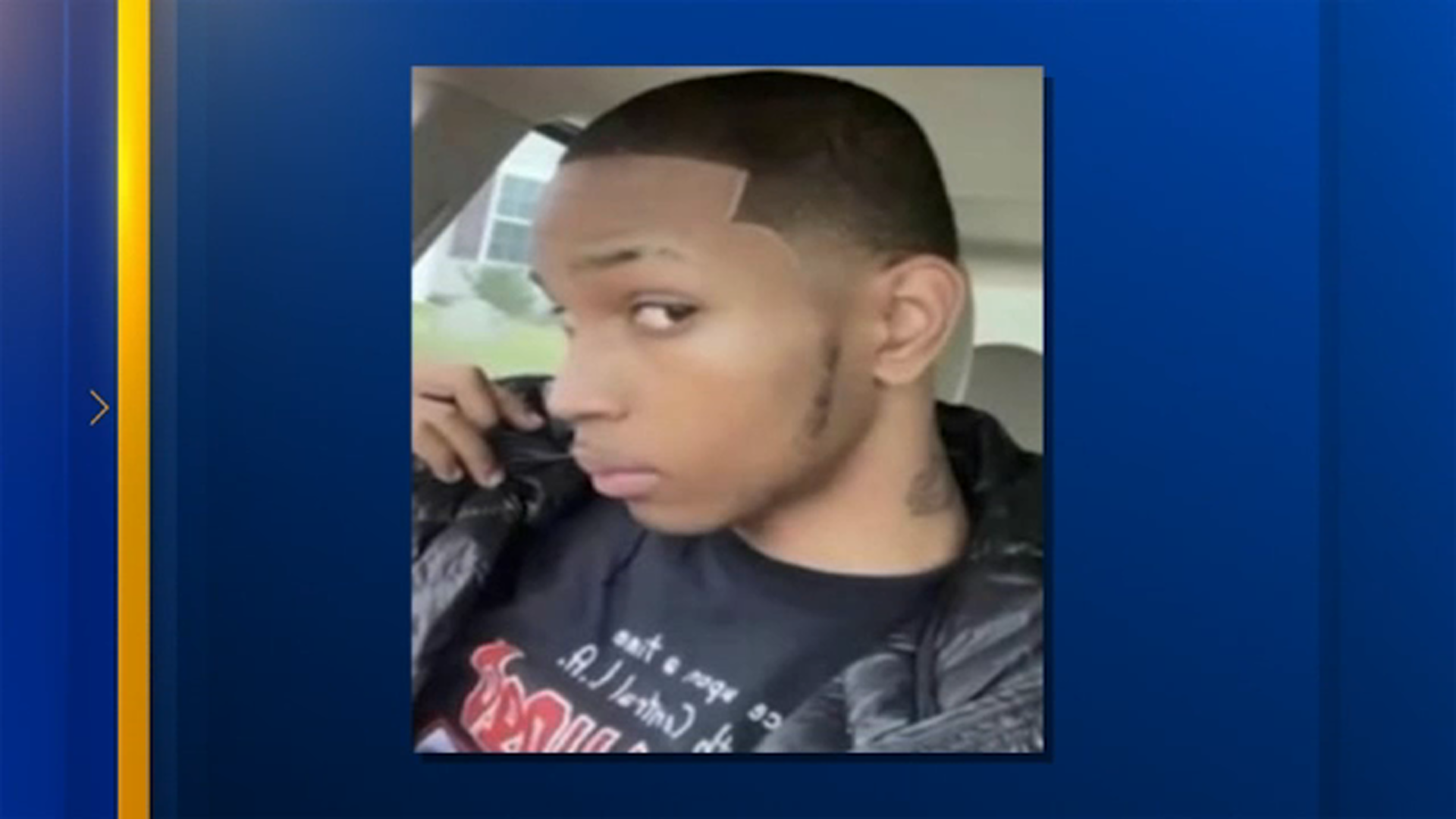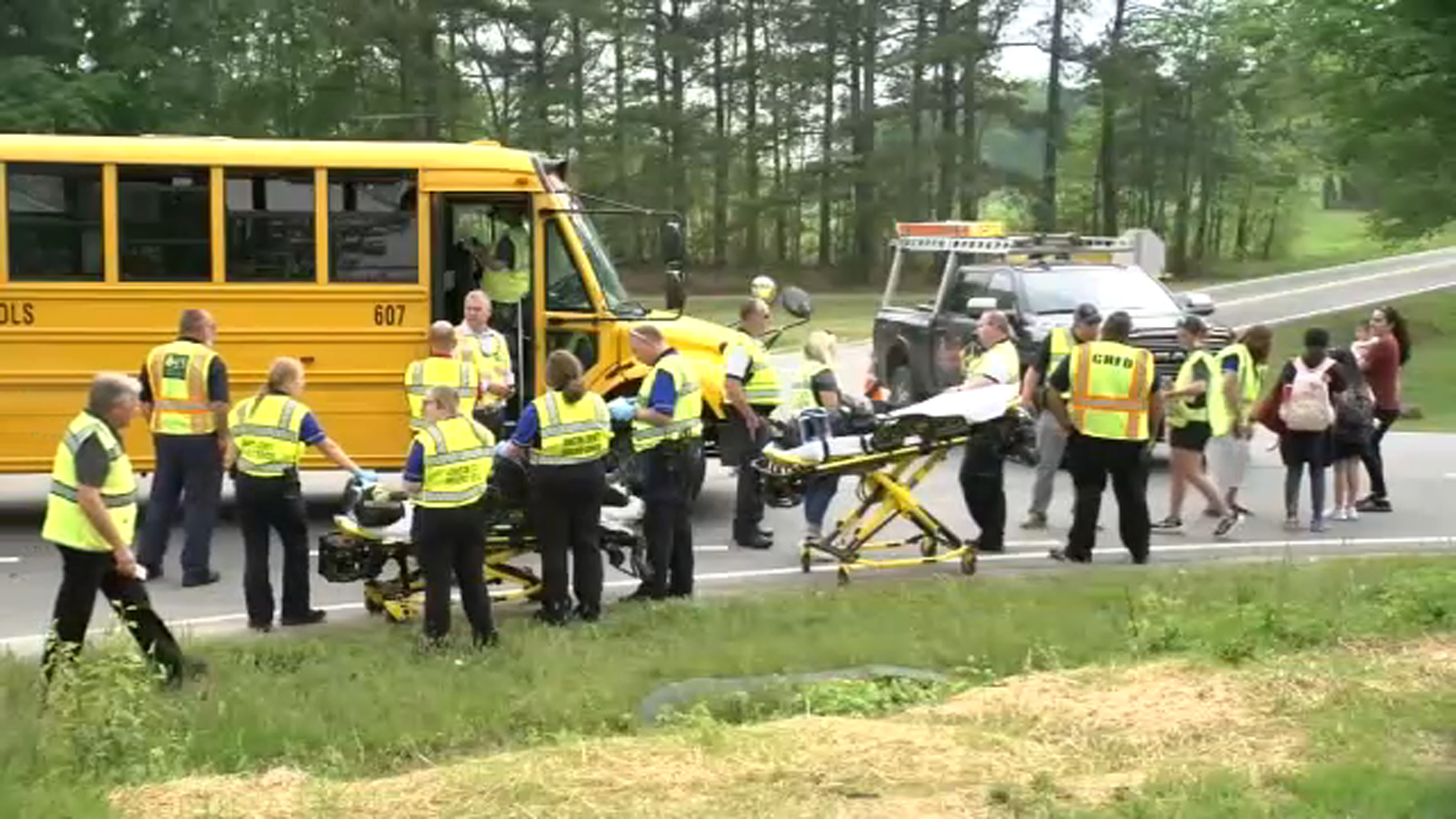NC's COVID-19 cases increasing at rapid rate, surpassing last summers' metrics


The optimistic outlook many Americans had at the beginning of the summer is being quickly replaced with concern.
In recent weeks, the surge of the Delta variant has led to a continual uptick in COVID-19 cases, particularly felt in southern states.
"It's very concerning. Not just because it's rising but because of the pace that it's been rising," said Dr. Paul Delamater, a UNC professor who has tracked pandemic trends on his site nc-covid.org. "When it started picking up a little bit, a little bit I don't think people were very concerned. But really for the last month, it's just skyrocketed, and it doesn't look like it's letting off."
This past week North Carolina reported six times more COVID-19 cases than at the beginning of June.
Cases are not only higher than the start of this summer but higher than this point in 2020.
An ABC11 I-Team analysis found North Carolina reported around 10,000 more cases this past week than at the same point last August.
Unvaccinated COVID-19 survivors twice as likely to get reinfected, study shows
Cases have been increasing since July but finally surpassed 2020 levels at the end of the month.
Cases aren't the only trend raising concern.
More patients are hospitalized in North Carolina than last August. At this point last summer, hospitalizations were dropping; this year they are rapidly increasing with hospitals reporting a 300% increase in patients just in the last month.
'The ICU is completely filled:' COVID surge taking a toll on frontline workers
Dr. Chris DeReinzo, WakeMed's Chief Medical Officer said the hospital is seeing 10 times more patients now than at the start of July. Despite the increase, WakeMed still has about 100 fewer patients than at its peak in January.
"We know we've been up this mountain before the speed with which we're going up, though, is certainly different," DeReinzo said.
To handle the recent spike, WakeMed is reinstating COVID-19 protocols they initially loosened early this summer.
DeReinzo stressed well over 90% of the hospitalizations are from patients who are unvaccinated.
"We've had to fairly rapidly reengage and say, 'Okay, if we had to continue on this quick rise, how do we ensure we have all the care spaces so all that work is well underway?" DeReinzo explained.
Duke and UNC also reported full ICU and waiting rooms this week.
Currently, nearly 600 more people are hospitalized for COVID-19 than on this same day last year.
For now, the week-to-week increase in COVID-19 deaths remains below last summer. North Carolina reported around 100 new deaths this past week; 44% lower than the same week last August.
"Because we've moved our hospitalization numbers up so fast, and really again an unprecedented acceleration in that hospitalization rate, especially over the past two weeks, it's going to be another two to three weeks before you begin seeing that impacts on the death count," DeReinzo explained.
The Institute for Health Metrics and Evaluation (IHME) has monitored and predicted trends throughout the pandemic. IHME anticipates daily deaths will continue to climb. IHME's current model predicts around 2,100 additional North Carolinians and 67,000 Americans will die from COVID-19 by Nov. 1.
While the trends are worrisome, they are not at the levels reported during the height of the pandemic in early 2021.
"I hope we're not headed down that path, and that is one of the major concerns," Delamater said. "I'm really hoping that we can take care of this before then."
Wake County man survived COVID-19, now he's fighting a new battle with medical bills
Delamater did say the rate of increase is already similar to what we saw during the winter holidays. He said without any behavioral changes there could be a chance we head down the path the state and country were in last winter.
"Honestly we're not going to vaccinate our way out of this way, we just can't vaccinate fast enough," Delamater said. "That's what I'm concerned about right now is that it is going to have to be behavior right now we are going to have to kind of look inward and think about what do we want the next couple of months of our lives to look like."
This increase coming even as 51% of North Carolinas are vaccinated.
"This variant is just so much more transmissible. And so despite our state having okay vaccination numbers, it's still able to spread throughout the population and it's just because this new variant is so much more transmissible," Delamater explained.
Delamater explained because this variant is so new and transmitted much easier, it makes predicting future trends even harder.
"I want people to keep in mind that all of these are just predictions, we can make changes right? Our behavior can change that, for better or for worse," Delamater said.
He and DeReinzo pointing to mitigation efforts including, social distancing, wearing a mask and getting vaccinated as crucial to getting past this surge.
"This is not the last variant, we're going to see. The way that we keep these peaks as low as we can, moving forward is to get the vaccine into as many arms as safely as possible," DeReinzo said.




